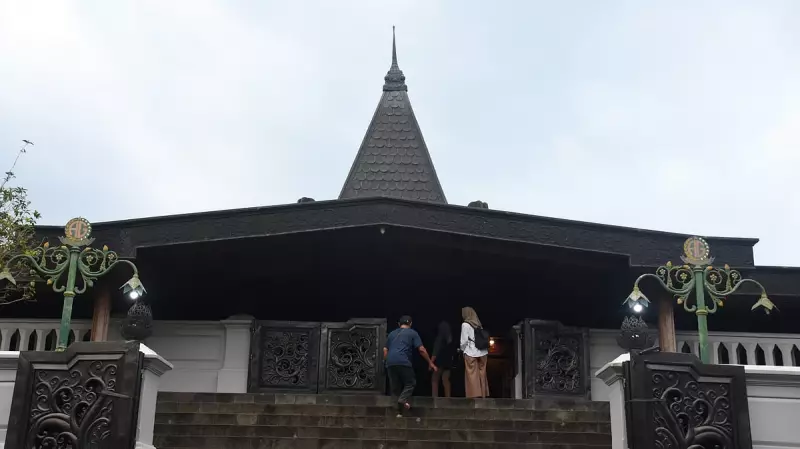
Across Asia, a disturbing trend is gaining momentum as nations increasingly whitewash their historical narratives, transforming former authoritarian rulers into celebrated heroes. This collective amnesia, documented in recent analysis, represents a significant shift in how the region confronts its complex political past.
The Dangerous Rewriting of History
Countries throughout Asia are actively reconstructing their historical narratives, often downplaying or completely erasing the brutal realities of authoritarian regimes. This phenomenon involves systematically glorifying leaders who were once widely recognized as tyrants, presenting them instead as visionary statesmen and national heroes.
The willingness to alter historical perception reflects a broader regional pattern where uncomfortable truths are being replaced by sanitized versions that serve contemporary political interests. This revisionism isn't limited to any single nation but appears as a coordinated effort across multiple Asian societies.
Political Motivations Behind Historical Whitewashing
Several factors drive this historical whitewashing phenomenon. Current political leaders often benefit from rehabilitating authoritarian figures from the past, as it helps normalize strongman rule and centralized power. By celebrating previous autocrats, modern governments create precedents that justify their own authoritarian tendencies.
Additionally, nationalist sentiments fuel this trend, with governments selectively highlighting certain aspects of historical figures while conveniently omitting their human rights abuses and anti-democratic practices. The process typically involves state-sponsored education reforms, controlled media narratives, and official commemorations that reinforce the new, sanitized historical perspective.
Consequences for Democratic Values
This historical revisionism carries serious implications for democratic development across Asia. When citizens are denied access to accurate historical records, they lose the ability to learn from past mistakes. The whitewashing of authoritarian legacies undermines democratic institutions and normalizes practices that should remain condemned.
Furthermore, this trend threatens regional stability by eroding the collective memory necessary for genuine reconciliation and progress. Without honest confrontation with difficult historical truths, nations risk repeating the same patterns of oppression and abuse that characterized their past.
The phenomenon documented in recent analysis serves as a crucial warning about the fragility of historical memory and the ongoing battle over truth in Asian societies. As Bloomberg Opinion highlighted in their November 17, 2025 assessment, this regional trend demands urgent attention from historians, policymakers, and citizens committed to preserving historical accuracy.






